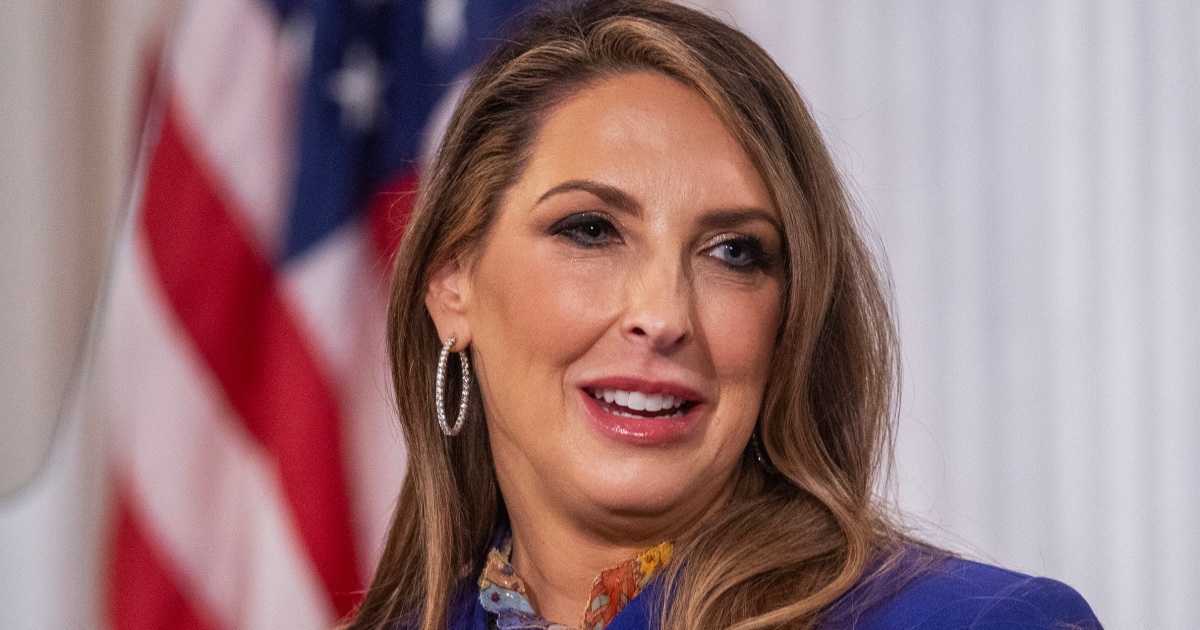Interfere or stay out?
The unrest in Cuba and Haiti is putting US President Biden under pressure.
Suddenly he is confronted with two political crises in the immediate vicinity.
Washington - “Close to home” is the English term for something that affects you directly.
For US President Joe Biden, the recent crises in the Caribbean states of Cuba and Haiti are “close to home” in two respects.
On the one hand, both countries are geographically very close to the USA.
And because they are in America's proverbial backyard, i.e. its traditional sphere of influence, the events there also affect the USA.
Both to the chaos in Haiti after the assassination of the president and to the rare mass protests in Cuba against the authoritarian government, the US president has to react somehow.
Help, yes or no?
And if so, how?
Haiti and Cuba represent a dilemma for Biden in which he can do a lot wrong and a little right.
And the attitudes of the governments of the two neighbors to possible US intervention could hardly be more different.
Call for help from Haiti
Actually, the foreign policy music of the USA is playing somewhere else at the moment - much further away.
Above all, there is the withdrawal of US troops from Afghanistan, which is America's concern.
Biden has just announced the end of the mission to the people of the country in a speech.
Just the day before, Jovenel Moïse was shot dead in his residence near Port-au-Prince.
A Haitian doctor who lives in the USA is said to have commissioned the murder by Colombian mercenaries in order to become president of his poor homeland himself.
The Haitian government has called for help - and asked the former occupying power, the USA, to send troops.
But US troops in Haiti - that has not improved the situation in the past, perhaps even made it worse.
"If Haiti were to simply sink quietly into the Caribbean or rise 300 feet into the air, that would be pretty irrelevant to our interests," said Biden in a 1994 TV interview - at the time he was still a Senator from Delaware.
The 78-year-old Democrat can no longer afford this indifference to the state, which is only a good 1,000 kilometers away from Florida.
Haiti, the poorest country on the American continent, threatens to sink even deeper into a humanitarian crisis in the face of political chaos and gang violence.
But a large part of the Haitian population no longer wants foreign interference despite the precarious situation.
Serious allegations against blue helmets
The US occupied Haiti for 19 years after the most recent assassination of an incumbent Haitian president in 1915. Even after a coup in 2004, US soldiers came along with UN peacekeeping forces to calm the situation. The blue helmets of the UN stabilization mission Minustah triggered a cholera outbreak and were accused of numerous sexual crimes. Average Haitians also saw little of the large amount of money pledged from abroad for reconstruction after the devastating earthquake in 2010.
“Many people don't want a new invasion of Haiti because of the past,” says the Haitian journalist Widlore Mérancourt in the podcast “Pod Save the World”.
You don't have to go far back in time.
In the opinion of many, the unpopular Moïse was only in power because the USA supported him - despite allegations of corruption and ties to gangs.
“It is time for the international community to sit down and listen to civil society,” Mérancourt quotes a lawyer with whom he spoke and who spoke on behalf of many.
Biden has now also made it clear: "The idea of sending American troops to Haiti is currently not on the agenda." Should Haiti continue to plunge into disaster, Biden must however expect that the USA will be held jointly responsible for it.
Any US statement is considered evidence of interference
In Cuba too - which is only 150 kilometers away - the US has to pull a tightrope.
The Bay of Pigs and other attempts by the US to overthrow Fidel Castro's government in the Cold War have not been forgotten there.
Every utterance and gesture - however well meant - is cited by the government as evidence of US interference.
The leadership of the Communist Party of Cuba - the only party authorized there - portrays the demonstrators as troublemakers who were paid by the United States to divide Cuban society.
The proverbial elephant in the room is the US embargo against Cuba. The United States first issued an arms embargo against Cuba in 1958. When property was nationalized by US companies after the revolution of 1959, more and more trade restrictions were added from 1960 onwards. Every year the UN General Assembly condemns the embargo almost unanimously. If Biden really cares about the well-being of the Cubans, Cuba's President Miguel Díaz-Canel has been saying over and over again these days, then he would end the US blockade of Cuba. The embargo can only be lifted completely by the US Congress.
Cuban government opponents emphasize that their protest is directed against the oppression and economy of scarcity of the “dictatorship”, not against the effects of the embargo. "The USA has nothing to do with it," says Youtuber Dina Stars on the Spanish TV channel Cuatro, shortly before she was arrested during an ongoing interview.
There are voices in the USA - such as those of the influential left-wing MP Alexandria Ocasio-Cortez - calling for the embargo to be lifted.
In view of the party's election prospects in Florida, where many Cubans in exile live, it is very unlikely that many Democrats in Congress will campaign for this.
There are other ways to help Cubans, however - the US government could lift restrictions on sending money to the island that came into effect last year - many Cubans rely on money transfers from their relatives.
Biden has ruled that out for the time being.
The Cuba conflict has already reached the USA
During his presidential campaign, Biden announced that he would withdraw such sanctions from then US President Donald Trump against Cuba and return to rapprochement under his predecessor Barack Obama - nothing has happened to this day. "A change in Cuba policy (...) is currently not one of the President's top foreign policy priorities," said White House spokeswoman Jen Psaki in April. That should have changed now.
Also because the conflict has already reached the United States. Cubans in exile protested in Florida last week and blocked highways. They demand that Biden support the demonstrators in Cuba. Cuba is a "failed state" and communism is a "failed system," Biden said recently. But what does that mean in dealing with the crisis in which Biden is being put under pressure from several sides?
"Progressives should understand that nothing is remotely" progressive "about Cuba's brutal, oppressive, neo-Stalinist government," the Washington Post recently wrote in a comment. "And the Conservatives should understand that six decades of embargoes, sanctions and relentless hostility have been a total, grim, counterproductive failure." To be in solidarity with the Cuban people would frighten Díaz-Canel far more than any new sanctions.
Biden has already taken the first steps towards solidarity - albeit so far without clearly taking action. He has openly shown himself to be sending corona vaccine to Cuba - under certain conditions. And he wants to see whether the United States can somehow get the Internet that has been blocked by the government working again, says Biden. But first check how this can even be done. dpa





/cloudfront-eu-central-1.images.arcpublishing.com/prisa/UFLZRSS3JBJLBP66RM6Q4AKJ4M.jpg)



/cloudfront-eu-central-1.images.arcpublishing.com/prisa/6SWR7PPG4CB3IQIWCNKSJ6XR4U.jpg)
/cloudfront-eu-central-1.images.arcpublishing.com/prisa/2C5HI6YHNFHDLJSBNWHOIAS2AE.jpeg)




